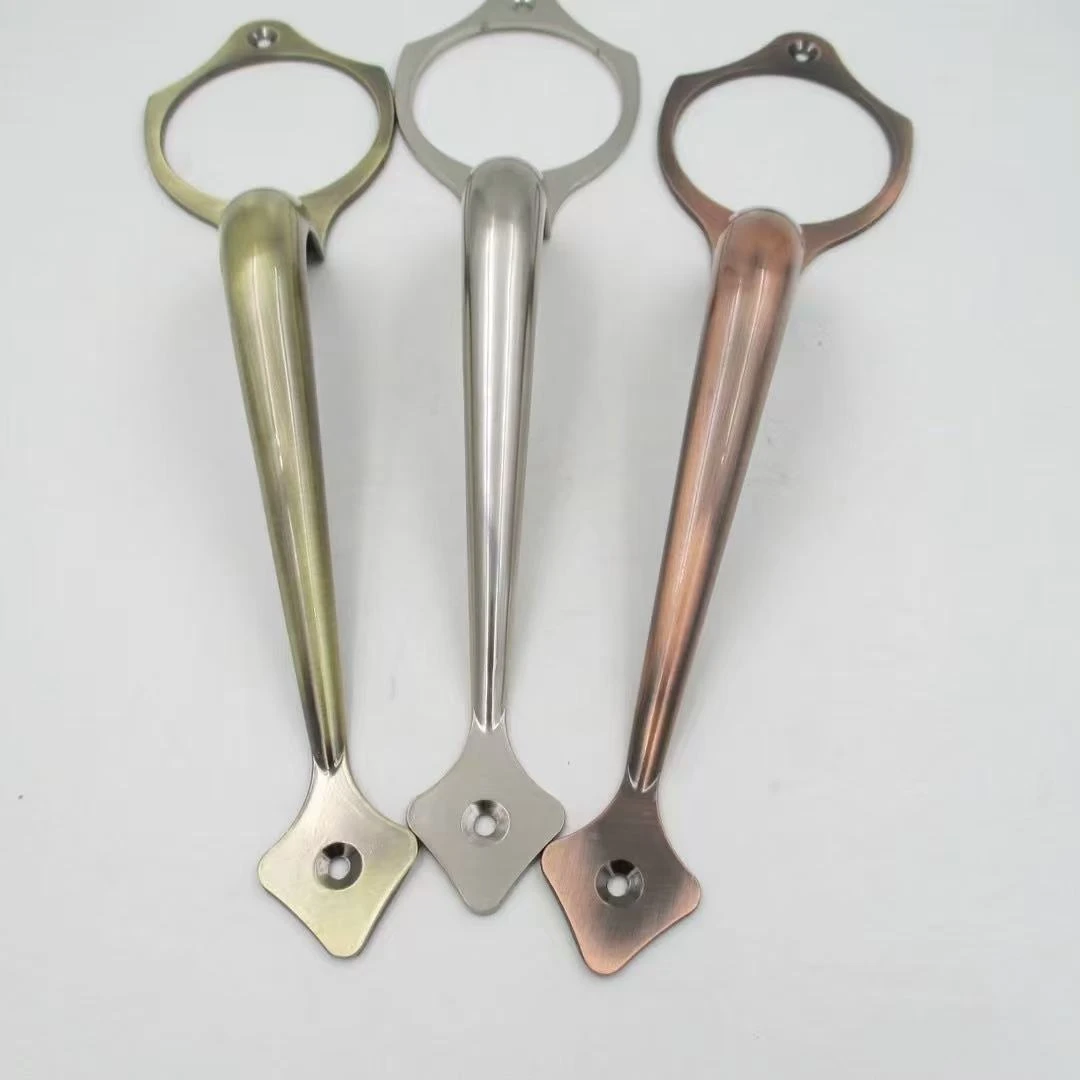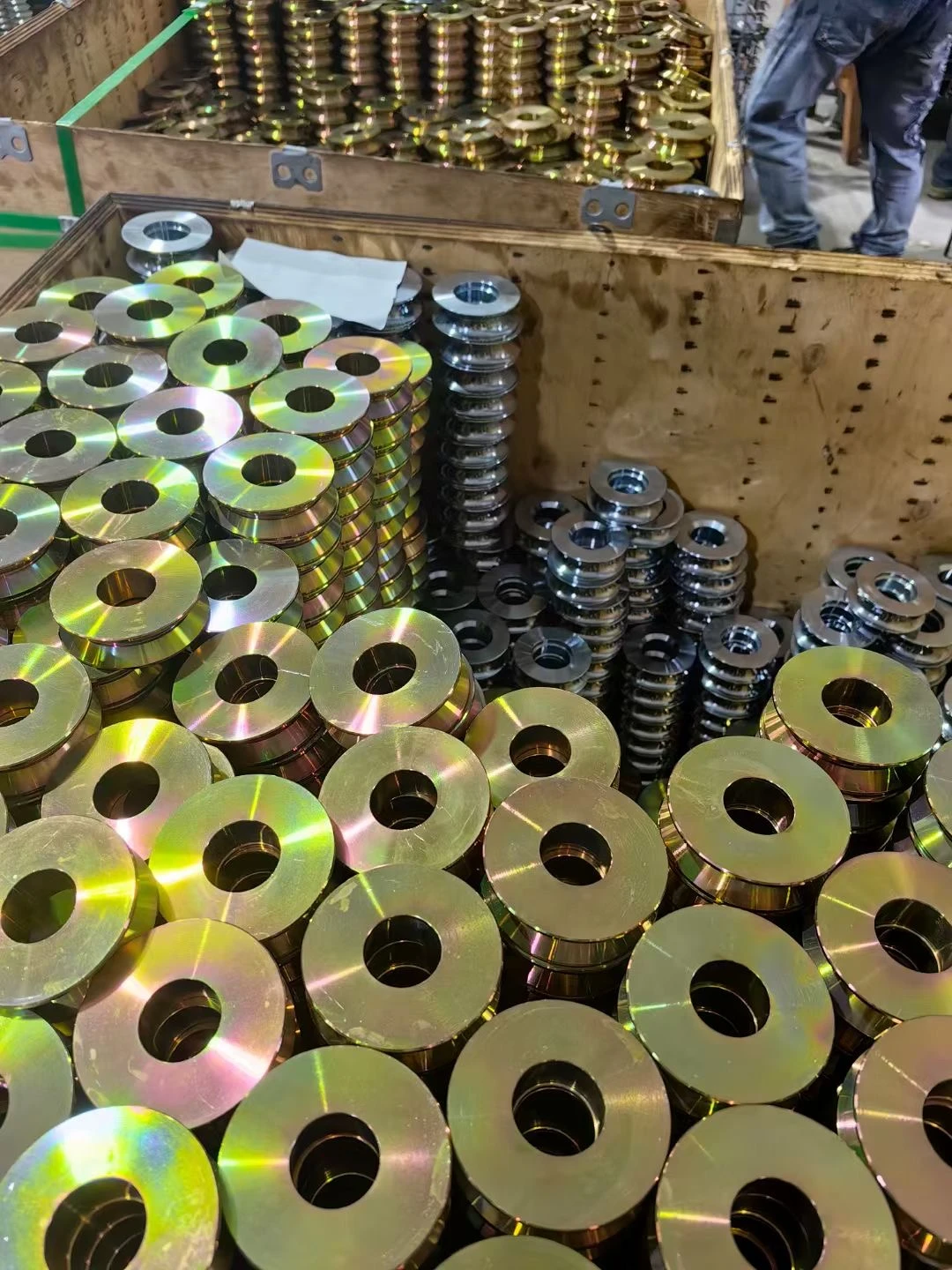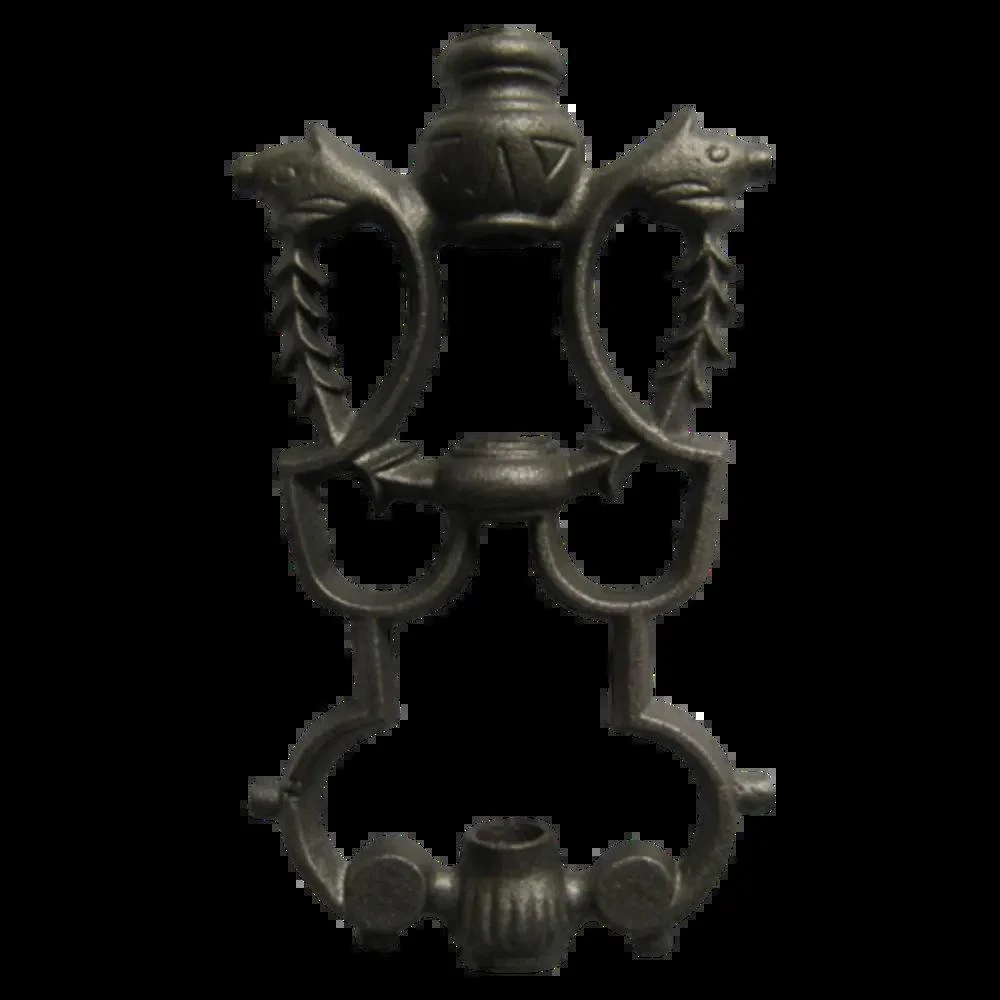wheels for a sliding door
Wheels for a Sliding Door A Comprehensive Guide
Sliding doors are a popular choice in many homes and commercial spaces, thanks to their space-saving design and modern aesthetic. These doors glide effortlessly along a track, making them an ideal option for areas where conventional doors may be too bulky. One of the critical components that contribute to the smooth operation of sliding doors is their wheels. In this article, we will discuss the types of wheels used for sliding doors, their materials, maintenance tips, and installation.
Types of Wheels
There are several types of wheels designed for sliding doors, each serving different purposes and functions. The most common types include
1. Nylon Wheels These wheels are lightweight, durable, and resistant to corrosion. They are often used in residential sliding doors due to their ability to operate quietly and their resistance to wear and tear. Nylon wheels glide smoothly on metal or plastic tracks, providing an almost silent operation.
2. Steel Wheels Steel wheels are known for their strength and durability. They can support heavier doors and are often found in commercial installations. While they are loud when in motion compared to nylon wheels, they are extremely reliable and can withstand substantial wear.
3. Plastic Wheels Plastic wheels are often the most economical choice for lighter sliding doors. They are available in various designs and can be suitable for less frequent use. However, these wheels may not provide the same level of durability as nylon or steel wheels and are best for lighter, less demanding applications.
4. Ball Bearing Wheels These wheels are designed with ball bearings to minimize friction and enhance smooth operation. They can be made from various materials, including nylon and steel, and are particularly useful for heavy doors or doors that are used frequently. The ball-bearing mechanism allows for a smoother glide, improving the overall user experience.
Materials Used
The choice of material for sliding door wheels significantly affects their performance, longevity, and maintenance requirements. The most common materials used include
- Nylon As mentioned, nylon is preferred for its lightweight and non-corrosive properties
. It's easy to clean and can withstand varying temperatures, which makes it a versatile choice for different environments.- Steel Steel wheels, while robust, can develop rust and corrosion if not properly coated or maintained. Stainless steel options are available and are ideal for outdoor sliding doors or in areas with high humidity.
wheels for a sliding door

- Plastic While plastic is lightweight and economical, it may not endure harsh conditions and wear as well as other materials. Choosing high-quality plastic can enhance performance and extend the wheel's lifespan.
Maintenance Tips
Regular maintenance is essential for ensuring that sliding door wheels function smoothly over time. Here are a few tips
1. Clean the Tracks Dust, dirt, and debris can accumulate in the tracks, obstructing the wheels' movement. Regularly clean the tracks with a vacuum or a damp cloth to ensure free movement.
2. Lubricate the Wheels Use a suitable lubricant to reduce friction. Silicone spray or a light machine oil can keep the wheels moving smoothly. Avoid using grease, as it can attract more dirt and grime.
3. Inspect for Damage Regularly check the wheels for wear or damage. Look for cracks, chips, or excessive wear on the edges. If you notice any significant damage, replace the wheels promptly to avoid further issues.
4. Monitor Door Alignment Ensure the sliding door is properly aligned with the track. Misalignment can put undue stress on the wheels and tracks, leading to premature wear. Adjust the door if necessary, and check the fittings periodically.
Installation Considerations
When installing sliding door wheels, it's crucial to follow manufacturer instructions carefully. Ensure that the wheels are compatible with the door design and weight. Using the wrong wheels may lead to functionality issues or damage over time.
For DIY enthusiasts, installing or replacing sliding door wheels can be a manageable task with the right tools and techniques. However, if you are unsure about the process, or if the door is heavy, it might be best to consult with or hire a professional.
Conclusion
Wheels are a pivotal element of sliding doors, significantly influencing their performance and durability. By understanding the different types and materials of wheels, you can make informed decisions about which are best suited for your needs. Regular maintenance will ensure that your sliding doors remain functional and aesthetically pleasing for years to come. Whether for a home or a commercial establishment, choosing the right wheels and taking care of them will contribute to a seamless sliding door experience.
-
Window Lock Handle for Security UpgradesNewsJun.20,2025
-
Proper Lubrication Techniques for Sliding Gate WheelsNewsJun.20,2025
-
Ornamental Iron Castings for Interior DesignNewsJun.20,2025
-
Creative Ways to Decorate Around a Cast Iron FireplaceNewsJun.20,2025
-
Cast Iron Pipe and Fitting for Plumbing SystemsNewsJun.20,2025
-
Cast Iron Panel Casting for Architectural ElementsNewsJun.20,2025















